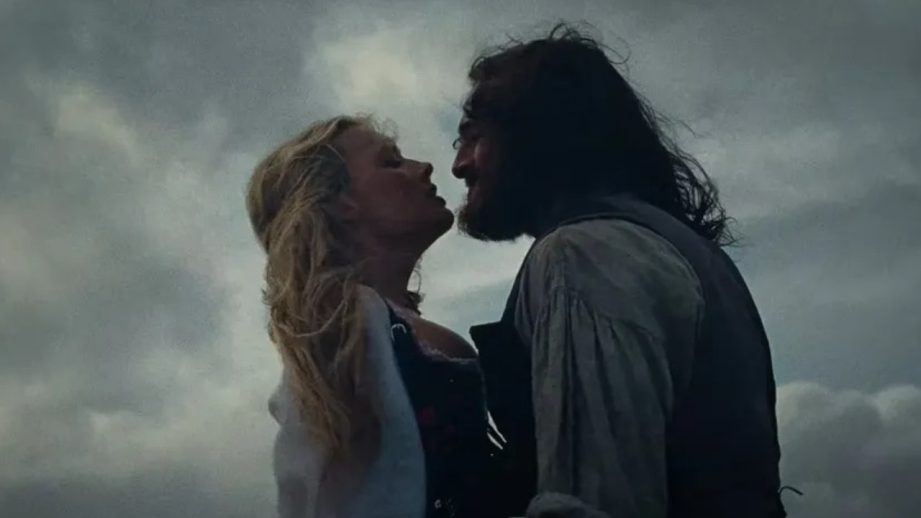
When Emerald Fennell was announced as the director behind a new film adaptation of Wuthering Heights, the news alone was enough to stir a storm. Fennell—best known for her stylish, provocative storytelling—paired with a cast led by Jacob Elordi and Margot Robbie, was never going to play it safe. And now, with the first trailer unveiling a feverish blur of corsets, chaos, and unabashed sensuality, one thing is clear: this is not your grandmother’s Wuthering Heights.
Naturally, the response has been split. Some viewers are looking forward toward that tearing away of Victorian architecture to reveal what lies beneath: the raw, brutal heart of Brontë’s novel. The other side is least convinced, to use the technical jargon, that overt sexuality diminishes the true emotional core of the text. But the debate is not really about sex—or well, it is only partly so. It is about what happens to the simmering tension that defines the story when it is unwillingly brought to a boil.
Wuthering Heights is a tale of eternal yearning, not physical satisfaction. Heathcliff and Cathy are bound by something more elemental than desire—they are mirrors, wounds, and ghosts to each other. The tragedy isn’t that they couldn’t be together; it’s that they were never quite of this world to begin with. Their love is cosmic and cursed—consumed by longing rather than defined by consummation.
And that’s where the danger lies. In satisfying what Brontë only ever suggested, a film risks deflating the very power that has kept Wuthering Heights burning through centuries. Desire thrives in absence. When the audience sees everything, the spell can break.
Yet, perhaps Fennell knows this. Perhaps the explicit is not meant to replace the implicit, but to refract it—to show how violently desire contorts when it’s been repressed too long. If she succeeds, this could be less a modernisation than a kind of exorcism—dragging the unspeakable into the light, not for titillation, but for reckoning.
Still, the question remains: can a story built on haunting withstand heat? Can the spectral be made flesh without losing its sting?
There’s no easy answer. But one suspects Brontë, radical in her own time, might have welcomed the attempt. After all, her novel was never polite. It was brutal, bloody, and wild long before Hollywood touched it.
The real test will be whether this adaptation leaves us gasping not from what we saw—but from what still lingers after.
